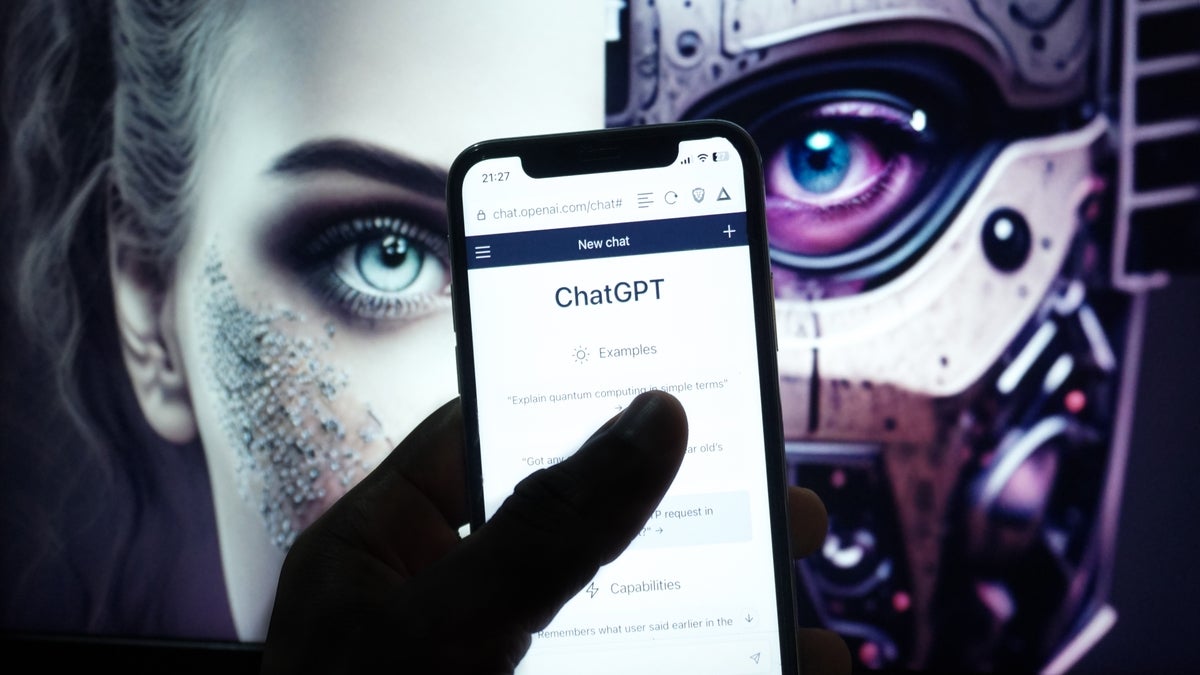When San Francisco startup OpenAI launched ChatGPT on Nov. 30, 2022, the technology landscape was shaken to its core — and artificial intelligence (AI) rapidly moved from being a fringe idea to mainstream adoption.
“We spent a couple of decades learning how to talk to machines. What changed in November 2022 is that machines learned how to talk to us,” said Cisco CIO Fletcher Previn. “By December, it was clear [ChatGPT] would have a significant impact, and for something that’s been around a year, it continues to amaze and terrorize.”
Like other enterprises, Cisco believes generative AI (gen AI) tools such as ChatGPT will eventually be embedded into every back-end IT system and external product.
“ChatGPT’s explosive global popularity has given us AI’s first true inflection point in public adoption,” said Ritu Jyoti, group vice president of Worldwide Artificial Intelligence and Automation Market Research at IDC. “As AI and automation investments grow, focus on outcomes, governance, and risk management is paramount.”
AI itself is not new. Companies have been investing heavily in predictive and interpretive AI for years; consider Microsoft Outlook and its AutoComplete feature. But the release of GPT-3.5 captured the world’s attention and triggered a surge of investment in genAI generally and on the large language models (LLMs) that underpin the various tools.
In the simplest of terms, LLMs are next-word, image or code prediction engines. For example, ChatGPT (which stands for “chatbot generative pre-trained transformer“) is built atop the GPT LLM, a computer algorithm that processes natural language inputs and predicts the next word based on what it’s already seen. Then it predicts the next word, and the next word, and so on until its answer is complete.
AI’s adoption journey is not unique. Technologists such as Previn liken it to the early days of cloud computing, which spurred similar discussions and debates about security, privacy, data ownership, and liability.
“People were saying no bank will ever put their data on a public cloud, and no enterprise will ever host their email on the Internet,” Previn said. “I think there was a lot of similar angst around what it means to put your crown-jewel data assets in someone else’s data center.”
Full speed ahead, with problems
Most enterprises are still experimenting with ChatGPT and other genAI tools, trying to figure out where their return on investment will be. And most remain uncertain about how to use it and how to benefit from it, according to Avivah Litan, a distinguished vice president analyst with Gartner Research.
“They are seriously worried that they will fall behind if they don’t adopt these new technologies, but are not adequately prepared to adopt it,” Litan said. “Organizational readiness is severely lacking in terms of skills, risk and security management, and overall strategy.”
Along with the promise of automating…
2023-11-22 02:41:02
Original from www.computerworld.com rnrn
